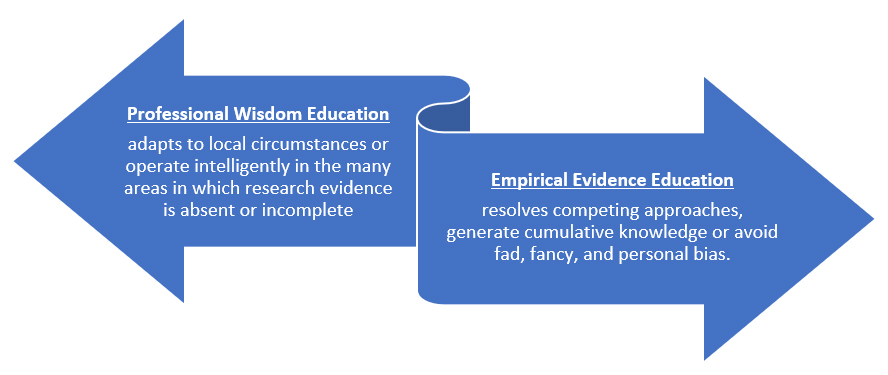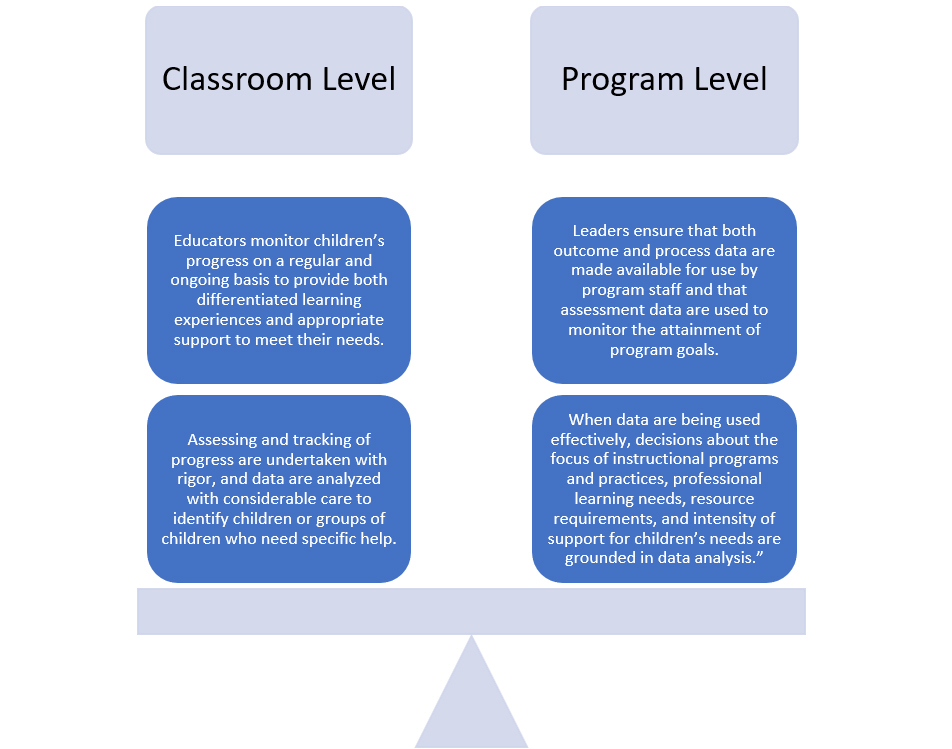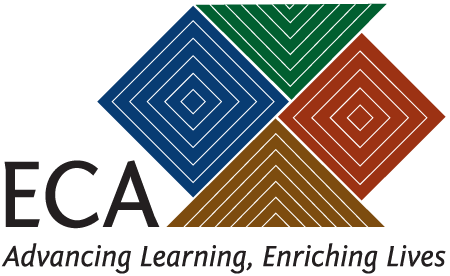Evidence-Informed Practice is an approach that argues that policy and practice should be justified in term of sound evidence about their likely effects. Currently, the term evidence-informed practice is used with two different meanings. One meaning is associated with “best-practice.” The other meaning is associated with decision-making.
Best Practice
An evidence-informed practice is any practice that has been established as being effective through scientific research that conforms to some set of explicit criteria.
Selection criteria might include the following:
(1) the practice has been standardized through manuals, guidelines, or certified training in the practice,
(2) the practice has been evaluated through controlled research designs,
(3) objective measures were employed that demonstrated valued outcomes, and
(4) these outcomes have been replicated by different research teams.
If the emphasis is placed on “what works” or best practices, findings about those practices are disseminated for use by practitioners through agency directives, guidelines, manuals, accreditation requirements, or regulations. (Cf. NCLB legislation.)
Decision-Making
This conception places the emphasis not on a best-practice, but rather on a decision-making process in which judgements are made on a case-by-case basis using the best-evidence available. If a “culture of evidence” is to be developed successfully among practitioners, then much greater attention must be given to educating practitioners in using evidence to inform critical decision-making in education contexts.
Both evidence based practices and evidence informed decision making are needed.

Using Evidence to Improve Instruction
For educators to use evidence to improve teaching and learning in their classrooms or child care settings they need:
- Information about what children know and can do
- Evidence about their own practice and its impact on children
- Knowledge of the research evidence that supports instructional practices.
Educators, however, cannot be expected to know and do all this on their own, but need the support of well-informed leaders who have sufficient knowledge both to lead educators’ evidence-informed inquiry and to engage in their own inquiry into the effectiveness of their leadership practice in promoting educator and children’s learning. In program focus coaching, coaches play a role in supporting both educators and leaders and facilitating conversations around the evidence.
For a long time we have known more about the potential for using evidence to improve teaching practice and student learning than actually how to do it. This situation has now changed. We now know much more about what is required if evidence in early childhood settings is to have a significant impact. These requirements include:

Programs need the kinds of leaders who can help educators to develop relevant skills to use the evidence in effective ways. EC leaders need to be able to:

Program effectiveness is strongly associated with the effective use of data at both the program and classroom levels:

Resources used:
Temperly, H. (2010) Using evidence in the classroom for professional learning. Paper presented at the Ontario Education Research Symposium.
Using data, transforming potential into practice: Ideas into Action. Bulleting #5, Winter 2013-2014, Ministry of Education: Canada
Moses-Egan, C. (2015) Research to Practice: What it means at the Institute of Education Sciences. American Institutes for Research.
